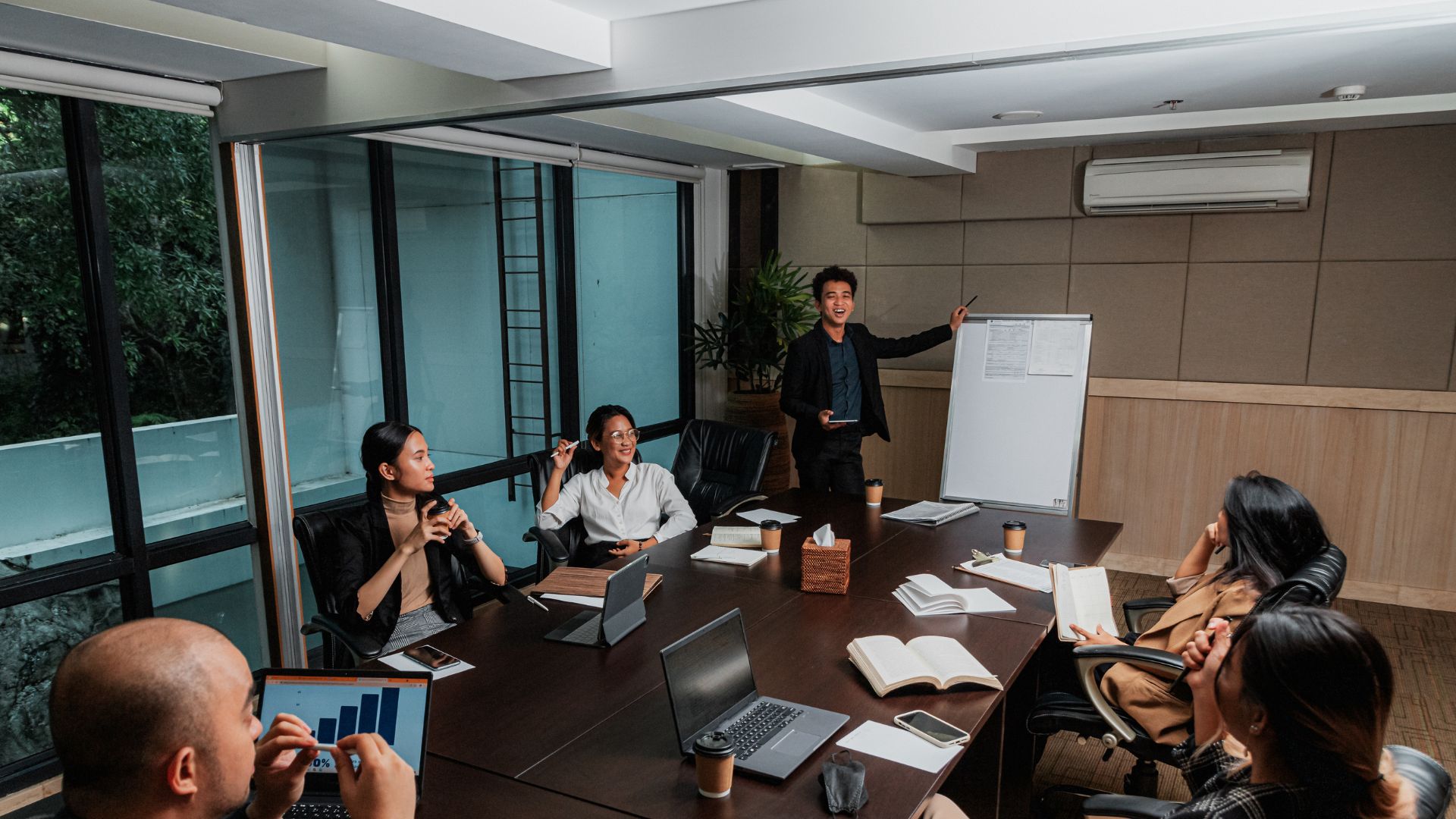In today’s rapidly changing work environment, the concept of a “workplace” has expanded far beyond the traditional confines of office walls. As remote work, flexible schedules, and hybrid models become increasingly common, companies face new challenges in ensuring a safe and respectful environment for all employees. This evolution brings us to a critical question: How can organizations effectively prevent and address sexual harassment in this new landscape?
Redefining the Workplace: Legal and practical perspectives
The Prevention of Sexual Harassment (POSH) Act in India provides a broad definition of “workplace.” According to the law, a workplace includes:
- Any department, organization, undertaking, establishment, enterprise, institution, office, branch, or unit which is established, owned, controlled, or wholly or substantially financed by funds provided directly or indirectly by the appropriate Government or the local authority or a Government company or a corporation or a co-operative society.
- Any private sector organization or a private venture, undertaking, enterprise, institution, establishment, society, trust, non-governmental organization, unit or service provider carrying on commercial, professional, vocational, educational, entertainmental, industrial, health services or financial activities including production, supply, sale, distribution or service.
- Hospitals and nursing homes.
- Any sports institute, stadium, sports complex or competition or games venue, whether residential or not used for training, sports or other activities relating thereto.
- Any place visited by the employee arising out of or during the course of employment including transportation provided by the employer for undertaking such journey.
- A dwelling place or a house.
This legal definition is already quite comprehensive. However, the rapidly evolving nature of work has pushed the boundaries even further. Pallavi Pareek, Founder at UNGENDER, offers a perspective that captures the essence of this shift:
“If people have met for the purpose of work, it is workplace. If you go for a meeting with client, it is work. Including the weekend activities that workplace organize such as pet days, basketball, and more.”
The modern workplace: Then and Now
Just a few years ago, the typical workplace was primarily a physical office where employees gathered during set hours. Today, the landscape looks vastly different:
- Remote work: Many employees now work from home or other remote locations, blurring the lines between personal and professional spaces.
- Flexible hours: The traditional 9-to-5 workday has given way to flexible schedules, with team members often working at different times.
- Digital communication: Much of our work interaction now happens through digital platforms, from video calls to instant messaging.
- Hybrid models: Many companies have adopted hybrid models, where employees split their time between office and remote work.
- Gig economy: There’s an increase in freelance and contract work, creating new types of working relationships.
- Global teams: With technology enabling collaboration across borders, teams are increasingly diverse and spread across different time zones.
These changes have significantly expanded the scope of what constitutes a workplace, creating new challenges in implementing and enforcing POSH policies.
Real-World complexities: Anecdotes from the field
To illustrate the complexities of modern workplaces, Pallavi Pareek shares two recent incidents:
“We encountered a case where a harassment complaint arose from an interaction at a team member’s home. The team had been working remotely for months and decided to meet at each other’s homes for collaborative work sessions. How long are people going to keep working on zoom and teams after all? So, while this seemed like a great way to combine the benefits of remote work with in-person collaboration, it created a situation where personal and professional boundaries became blurred. The incident highlighted the need for clear guidelines on professional behavior, even in personal spaces when used for work purposes.”

“Another case involved an incident that occurred during a company-organized ‘Bring Your Pet to Work’ weekend event. Two colleagues who were usually professional at work found themselves in a more relaxed, social setting with their dogs. The casual atmosphere led to behavior that one party found inappropriate. This case underscored the importance of maintaining professional boundaries even during social events organized by the workplace, and the need for clear communication about expected behavior in all work-related settings.”
These anecdotes highlight the complexities that workplace leaders face in today’s evolving work environment. They must navigate:
- Blurred lines between personal and professional spaces
- Varying cultural norms in global teams
- The challenge of maintaining professionalism in casual, work-related social settings
- Ensuring consistent application of policies across diverse work arrangements
- Adapting training and awareness programs for remote and hybrid teams
- Handling complaints and investigations in non-traditional work settings
The critical role of POSH Advisors
Given this expanded scope of workplace interactions and the complexities they bring, it has become increasingly crucial for companies to engage Prevention of Sexual Harassment (POSH) advisors. These experts can build robust compliance across all employee and beneficiary verticals, ensuring a safe and respectful environment in every aspect of work life.
POSH advisors have become increasingly crucial in today’s rapidly evolving work landscape. Their comprehensive coverage ensures that policies address all aspects of work-related interactions, from traditional office spaces to remote work situations and company events. As work environments become more diverse and fluid, POSH advisors help navigate complex interpersonal dynamics across various settings, including virtual spaces. By implementing thorough policies that account for modern work arrangements, companies can mitigate risks and avoid legal complications. These advisors not only create policies but also foster a culture of respect and inclusivity that permeates all aspects of work life. They provide customized solutions tailored to each company’s unique challenges, ensuring maximum effectiveness across all work settings. With constantly evolving laws and regulations, POSH advisors keep companies compliant across all jurisdictions, including considerations for remote and international work. They also provide crucial training and education to employees at all levels, guide companies through incident management procedures, and help enhance the company’s reputation as a safe and inclusive workplace. For companies with global operations or distributed teams, POSH advisors with international experience ensure policies are culturally sensitive and globally applicable, addressing the unique challenges of diverse, global workforces.
The path forward
As the workplace continues to evolve, the role of POSH advisors will only grow in importance. Their expertise is not just about compliance; it’s about creating a work environment where every employee feels safe, respected, and empowered to do their best work.
For organizations looking to stay ahead of the curve and create truly inclusive workplaces in this new era of work, engaging a POSH advisor is no longer a luxury—it’s a necessity. By doing so, companies can not only mitigate risks but also foster a culture of respect that attracts top talent and drives business success in our increasingly complex and interconnected world.
Are you ready to take the next step in creating a safer, more inclusive workplace? Contact our team of experts today at contact@ungender.in or visit our website at ungender.in to learn how our expert POSH advisory services can benefit your organization. Together, we can build a workplace where everyone thrives, no matter where or how they work.










